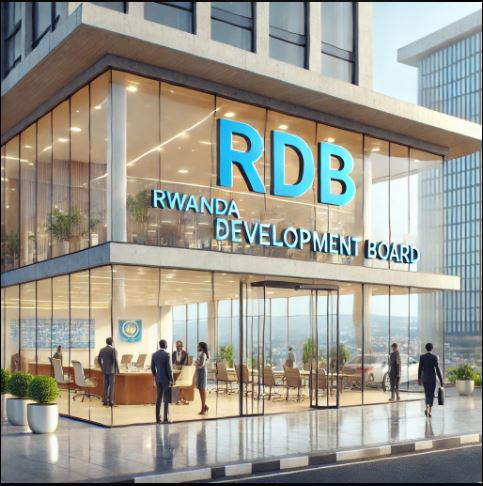
Investing in Rwanda offers numerous opportunities for growth, but the process requires careful attention to legal and regulatory requirements. To ensure compliance and facilitate the investment process, you’ll need to gather and submit several important documents. Below is a general guide to the documents required for investment registration in Rwanda.
1. Application Form
- The first step is to complete an investment registration application form. This form can be obtained from the Rwanda Development Board (RDB) or their online portal. This document initiates the formal registration process.
2. Business Plan
- A detailed business plan is essential. This document should outline your investment objectives, financial projections, and operational details. A well-prepared business plan not only demonstrates your commitment but also provides a roadmap for your investment.
3. Company Registration Documents
- You will need to provide proof of company registration. This includes:
- Certificate of Incorporation or Company Registration Certificate
- Memorandum and Articles of Association
- These documents establish your business as a legal entity in Rwanda.
4. Proof of Identity
- Passport or national ID of the investor(s) or shareholders is required. This helps verify the identities of the people behind the investment.
5. Shareholder Information
- A list of shareholders and their respective shareholdings must be submitted. This document details ownership and control within the company.
6. Proof of Capital
- Evidence of capital investment is crucial. This can include bank statements, investment agreements, or financial commitment letters. Providing proof of capital demonstrates that you have the necessary resources to fund the investment.
7. Tax Clearance Certificate
- If applicable, obtain a tax clearance certificate from the Rwanda Revenue Authority (RRA). This document confirms that you are in good standing with the tax authorities.
8. Environmental Impact Assessment (EIA)
- For certain sectors, such as construction or manufacturing, an Environmental Impact Assessment report may be required. This ensures that your project complies with environmental regulations and mitigates potential negative impacts.
9. Sector-Specific Licenses or Permits
- Depending on the nature of your investment, you may need to obtain specific licenses or permits. For example, investments in mining, tourism, or finance may require approval from relevant government bodies.
10. Lease Agreement or Proof of Property Ownership
- If your investment involves real estate, you will need to provide a lease agreement or proof of property ownership. This establishes your legal right to use or develop the property.
11. Employment Plan
- If your investment will create jobs, you should submit an employment plan. This document outlines how many local employees will be hired and their roles. If you’re seeking tax incentives, this plan is particularly important.
12. Board Resolution
- A board resolution authorizing the investment is required for companies. This formal document confirms that the company’s leadership supports the investment.
13. Letter of Intent
- A letter outlining your intent and commitment to invest in Rwanda. This document signals your seriousness and long-term interest in the investment.
14. Proof of Address
- Proof of physical address for both the investor and the business in Rwanda is needed. This ensures that all parties involved are easily traceable.
15. Investment Agreement (if applicable)
- If there are other parties involved in the investment, you may need to submit a copy of the investment agreement. This document outlines the terms and conditions of the investment.
Final Steps
Once all these documents are prepared, you can submit them to the Rwanda Development Board (RDB) to proceed with the investment registration process. It’s advisable to consult with RDB or a local legal advisor to ensure you meet all sector-specific requirements.
By following these guidelines and preparing the necessary documents, you can navigate the registration process smoothly and start capitalizing on the opportunities Rwanda has to offer.
